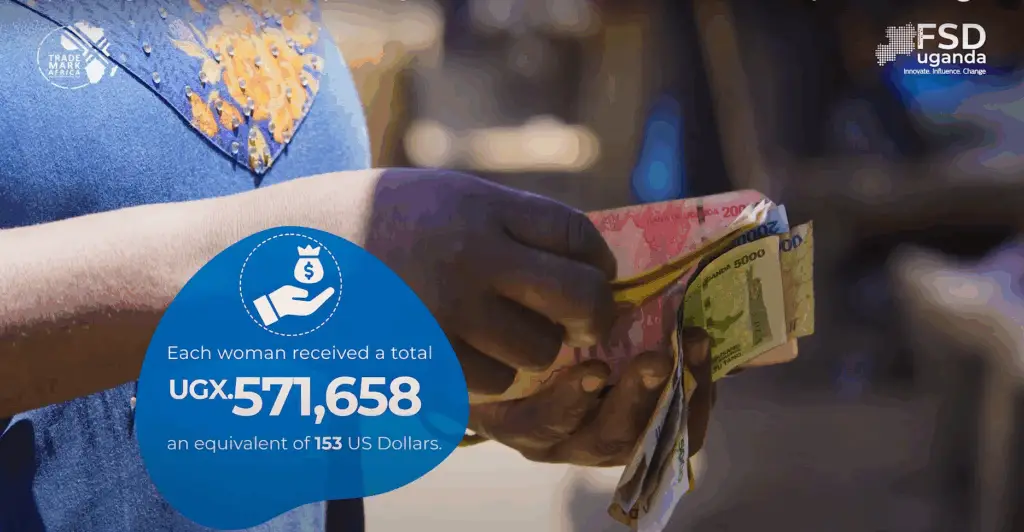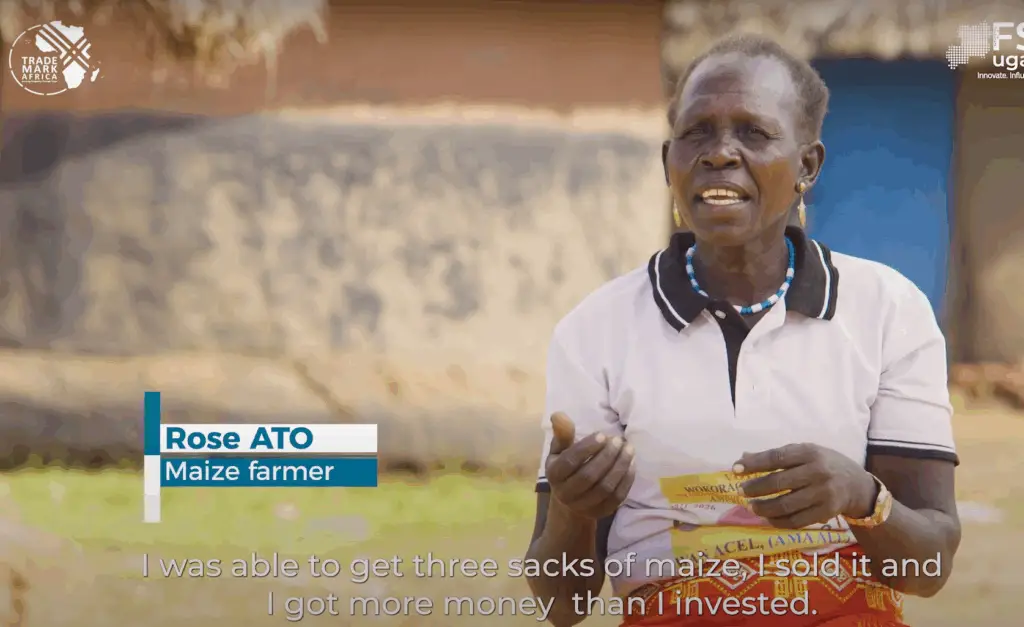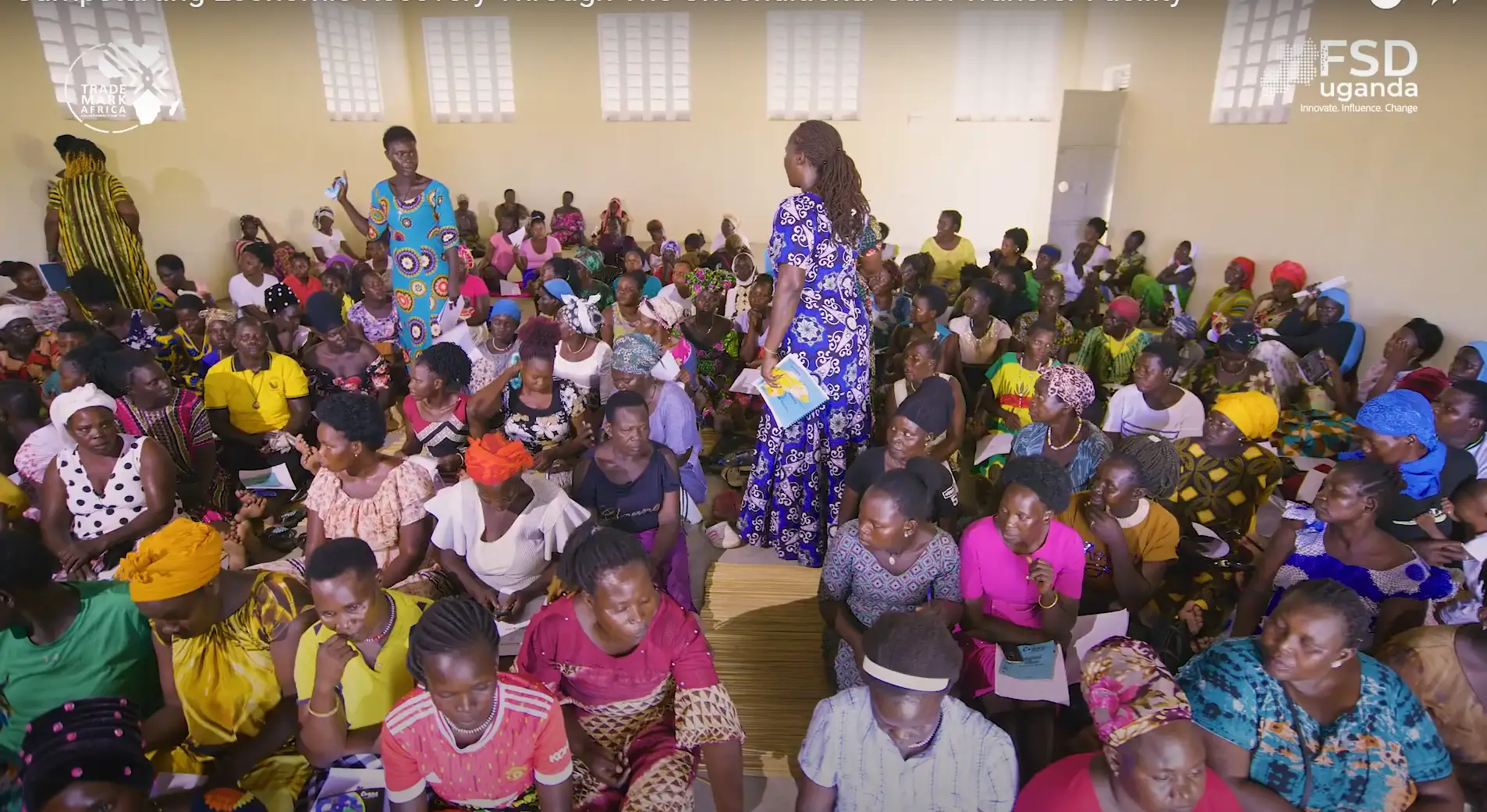What would you do with an extra Ushs200,000 (US$53) in your pocket? Would you load up on groceries, top up on that pending payment for school fees, or pay back that small loan you obtained last month? For many women in low-income countries, including Uganda, that extra cash potentially allows them to go beyond simply meeting their basic needs to starting new economic activities or reinvesting and growing the existing ones. It can mean the difference between having enough to consume or sufficient to consume, save, and invest.
This year’s International Women’s Day 2024 theme is “Invest in Women: Accelerate Progress”. The subject is particularly relevant for Uganda, where women make up more than half of the population, 46% of whom constitute Uganda’s labour force but for whom the median monthly wage is UShs130,000 less than that of men. Women are primarily engaged in the informal sectors where their earnings, job quality, and security lag that of their male counterparts. For instance, although 70% of Ugandan women are employed in the agricultural industry, they own less than 20% of the sector’s output. Low earnings render women’s livelihoods and households highly vulnerable and economically constrained especially during emergencies.

There is growing evidence from research that backs the use of cash transfers as a tool to alleviate poverty and increase women’s economic empowerment. Cash transfers are cash disbursements made without rules or conditions for use. Well-thought-out cash transfer programmes are crucial because they enable beneficiaries to meet basic needs, access essential services such as healthcare, or invest in income-generating activities. Studies have drawn a path between the increased ability to meet crucial needs and increased self-confidence, self-efficacy, and financial autonomy in women, leading to empowerment.
In 2023, the Financial Sector Deepening Uganda, in partnership with TradeMark Africa and 100WEEKS, participated in an initiative to provide informal cross-border women traders at the Elegu border town with unconditional cash transfers alongside training in business and entrepreneurship. The project aimed at offering relief to women cross-border traders whose trade suffered due to the closure of borders and nationwide lockdowns at the height of the COVID-19 pandemic and lost their businesses and incomes. Relief in form of a cash transfer was disbursed to just over 500 women in three instalments. Each woman received a total of Ush571,658 (US$153). The women also could voluntarily attend any of the three financial literacy trainings provided.
While short-term, the project resulted in some positive gains. The cash transfers enabled the women to access basic needs, including food, school fees, and medical services. Annet Katushabe, a wholesale trader at Elegu town, attests to this benefit: “When I received the money, my children were on the verge of being chased from school due to outstanding fee balances. I paid half of the amount for their school fees. I utilised the remainder of the money to buy pesticides for my garden, where I plant crops for sale. I also bought a rooster to add my existing flock of chickens and saved some money.”

Irene Adong, another cross-border trader dealing in cereals, and legumes, reported; “I used the money to increase the stock of items I sell so that I have most of the items my customers ask for. My income has increased so much that I can save up to Ushs150,000 (US$40) a week. This is a big increase from the Ushs20,000 (US$5) I used to save weekly”.
Women already engaged in entrepreneurship were more likely to use the cash to diversify their economic activities or expand their businesses. Interestingly, on average, 40% of the women attended the three trainings despite its non-mandatory nature. The cash likely increased their access to basic needs, reducing survival stress and opening them up to capacity-building opportunities.
A key challenge was that over 80% of the women did not have a national ID card or a mobile money account in their names. They had to recruit a sponsor to receive the money on their behalf. A national identity document is increasingly necessary to access government and financial services. To close the gender gap and increase women’s economic empowerment, targeted interventions are still needed to ensure that every Ugandan, including those outside urban areas, has access to a national identity card.
In conclusion, unconditional cash transfers are a valuable tool to improve women’s livelihoods, productivity, and empowerment. The transfers enhance access to basic needs, reduce their survival stress, opens them up to learning opportunities, and enables them to save and invest. A small investment can mean the difference between earning enough to consume and enough to consume, save, and invest. Policymakers and development practitioners should consider cash transfers as one of the tools they can deploy to alleviate poverty and advance women’s economic empowerment, even as they consider cultural and social contexts for implementation.


